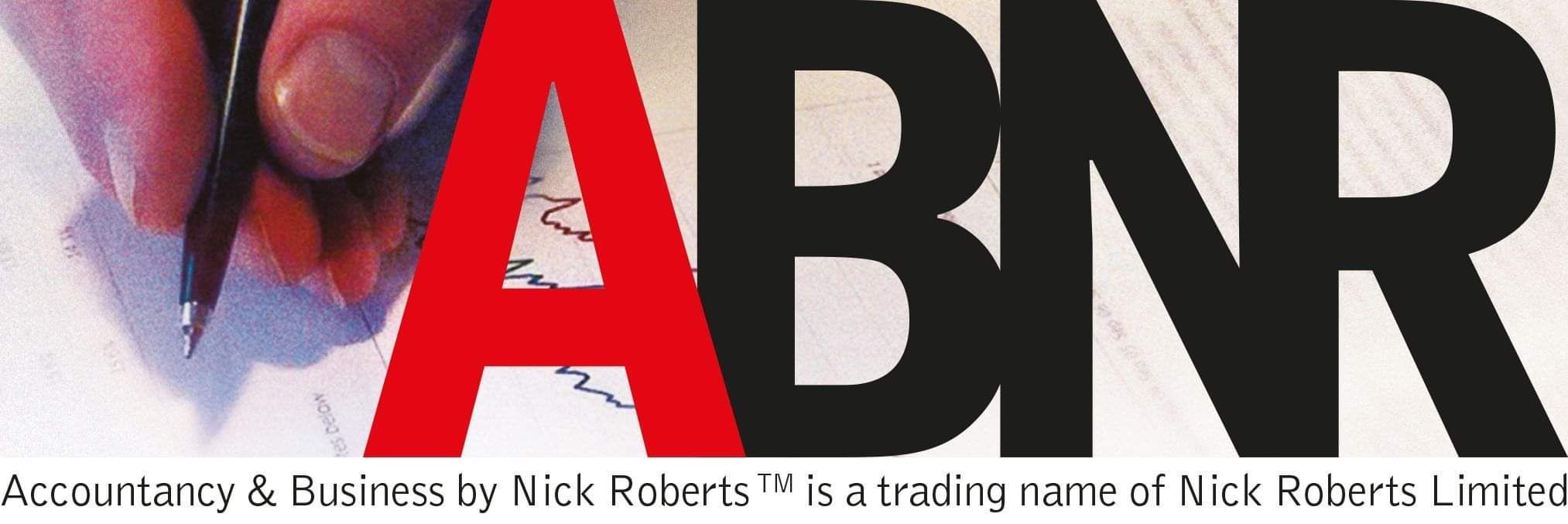Just like putting a house on the market, selling a business requires careful planning, preparation and presentation, so before you rush off half-cock to a business broker or list on Trade Me stop, think, do some research and take some good advice from a decent accountant who’s long been involved in business sales.
Disappearing Cash
If you, like many business owners, have been pocketing the takings, now is the time to start paying ALL of these into the bank. A client of mine was trying to buy his wife a mini-chain of florist shops but the gross profit margin was well under par and overall profitability poor. We just went round and round in circles because the price the vendors wanted was based upon the suppressed takings but they had no evidence of what these were. You need at least three years good results to maximise the sale proceeds.
Intangible Assets
When selling a successful business, the value of intangible assets normally greatly outweighs the value of plant and equipment or chattels, so it’s very important to maximise the value of goodwill and any other intangible assets, which can include trademarks, domain names, leases, operating manuals, supplier contracts, logo’s, patents, databases, web-sites and most importantly, customer lists. Your customers are key to life so not having their names and contacts details to hand and in good order is just plain crazy!
Personal Expenses
Stop putting personal or quasi-personal expenses through the business e.g. expensive cars, “security” costs for your sausage dog (yes, like a client of mine!), wages for family members or travel. Your Profit and Loss account will look a lot healthier for it and impress the buyers much more than getting your accountant to produce a doctored statement for sale which omits half the expenses - these just result in suspicion and lack of credibility.
Be Realistic on Price
Just like a house, it’s necessary to know what you can expect to sell your business for to avoid disappointment or time-wasting. Getting a valuation of a business can be expensive and often produces a theoretical valuation which can be too low or too high, so obtain some actual comparable business sales data which is available in NZ for a mere $150. I find this invaluable and it’s my first port of call when advising in this area.
Terms of Sale
Be prepared to stay on and offer some vendor assistance if you’re in a position to do so. That, and offering a restraint of trade and maybe even vendor finance or easy payment terms can make a big difference to the price.
Company Records
In a decent-sized business sale, the buyer of your business and his advisers will want to see your company records and documentation and know where everything can be found after the sale. Is this to hand, easily accessible and all in order? It doesn’t give a good impression if your paperwork is filed on the floor or just lost!
Tax
Ensure you get good tax advice early on. At the minimum, you need to consider GST, the apportionment of the sale proceeds, potential depreciation clawback, any taxes payable after the sale when you’re no longer generating any cash, how to minimise any tax payable on the cash you’re going to extract from your company and the imputation credits available.
Employees.
A key consideration for both vendor and buyer. Will they all stay or be kept on? Ensure all current employment relationships are up-to-date. There are likely to be redundancy and other unpleasant issues like holiday pay to deal with.
To Conclude
Yes, like it or not, there is a lot to consider and do when you’re going to sell your business and you need to work through all the potential problems beforehand with a good accountant and lawyer. Remember the 7 P’s rule, as used in my Territorial Army days “Proper preparation and planning prevents pretty poor performance” with a different word for poor!


